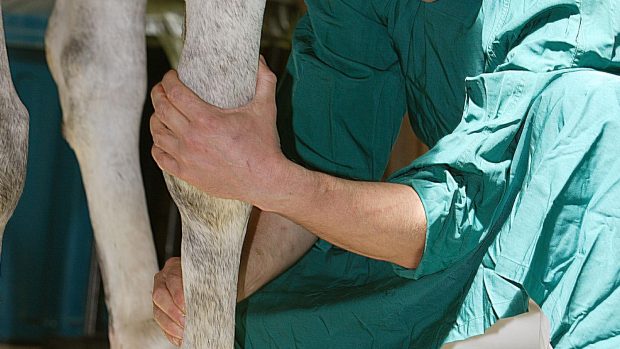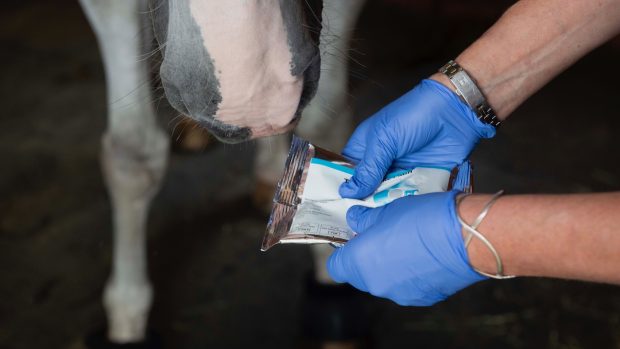Is Britain producing too many equine vets? It would appear so, after it emerged that there may be up to five times as many graduates as there are jobs available.
The British Equine Veterinary Association (BEVA) said the findings — from a survey of its members’ practices — made for an “alarming mismatch”.
BEVA estimates that 10-15% of the 819 veterinary graduates in the UK last year intend to work in equine practice. But there were as few as 24 new permanent jobs available.
Practices report that paid internships — once the preserve of new graduates, to gain supervised experience — are now often taken by vets with some experience.
Increasingly, unpaid “externships”, which traditionally gave students work experience, are being filled by unemployed graduates eager to improve their chances of securing a job.
“This year we had more than 80 applications for just one internship,” said Tim Mair, a partner at Bell Equine Veterinary Clinic in Kent.
He said he receives a “constant” flow of applications for intern posts, many from vets who have been qualified for more than a year.
Andrew Harrison of Three Counties Equine Hospital in Gloucestershire said he was “inundated with unsolicited enquiries”, not just from British graduates but from vets “across the globe”.
A recent advert for an equine veterinary nurse attracted interest from “recently qualified vets desperate to find work”, he added.
Amanda Piggot was unemployed for five months after graduating from Edinburgh last year.
“My current internship at Kessock Equine Vets in Inverness necessitated moving 500 miles further north than I ideally wanted,” she said.
The problem is not confined to equine practice. The British Veterinary Association (BVA) has questioned the wisdom of the University of Surrey opening a new vet school in 2014, given concerns about an oversupply of graduates.
BEVA president Keith Chandler said equine practice could provide a “fulfilling and rewarding career”, but students must be aware of the “very limited opportunities”.
This news story was first published in Horse & Hound magazine (4 July 2013)




